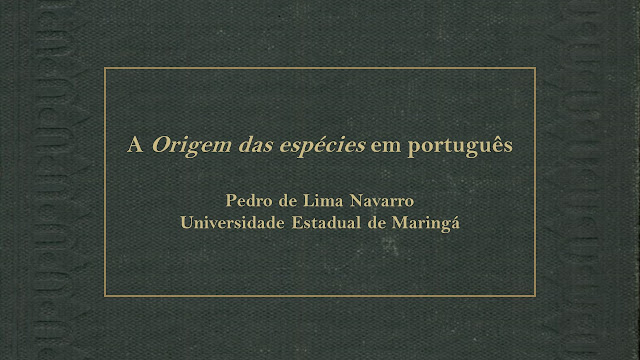SHPS A - 89, 2021: Bolinska & Martin; Rubin & Schneider; Darrigol; Shan; Meiring;
- Gerar link
- X
- Outros aplicativos
NÃO CONSEGUI ACESSO
The tragedy of the canon; or, path dependence in the history and philosophy of science
We have previously argued that historical cases must be rendered canonical before they can plausibly serve as evidence for philosophical claims, where canonicity is established through a process of negotiation among historians and philosophers of science (Bolinska and Martin, 2020). Here, we extend this proposal by exploring how that negotiation might take place in practice. The working stock of historical examples that philosophers tend to employ has long been established informally, and, as a result, somewhat haphazardly. The composition of the historical canon of philosophy of science is therefore path dependent, and cases often become stock examples for reasons tangential to their appropriateness for the purposes at hand. We show how the lack of rigor around the canonization of case studies has muddied the waters in selected philosophical debates. This, in turn, lays the groundwork for proposing ways in which they can be improved.
Priority and privilege in scientific discovery
Can we trust Einstein’s accounts of the genesis of special relativity?
There are three kinds of sources available to reconstruct the reflections that led Einstein to special relativity: a few contemporary letters and documents, his impersonal accounts of the genesis of this theory, and recollections of his own path. At first glance, contradictions within and between these sources hamper the reliability of Einstein’s accounts. Yet, a closer analysis reveals much more consistency than foreseen and helps eliminate the dubious, contradictory elements. It then becomes possible to combine the three kinds of sources to produce a minimally speculative and yet fairly coherent account of the genesis of special relativity.
Beyond Mendelism and Biometry
Scientific patronage in the age of Darwin: The curious case of William Boyd Dawkins
Abstract
This essay examines the curious relationship between Charles Darwin and the palaeontologist William Boyd Dawkins (1837–1929). Dawkins was a beneficiary of Darwin's patronage and styled himself as a Darwinian to Darwin and the public, yet viciously attacked Darwin and his theory in anonymous reviews. This has confused historians who have misunderstood the exact nature of Dawkins's attitude towards evolution and his relationship to Darwin. The present study explains both the reasons for Dawkins's contradictory statements and his relationship with Darwin. I introduce Batesian mimicry as a conceptual framework to make sense of Dawkins's actions, suggesting that Dawkins mimicked a Darwinian persona in order to secure advancement in the world of Victorian science. Dawkins's pro-Darwinian stance, therefore, was a façade, an act of mimicry. I argue that Dawkins exploited Darwin for his patronage – which took the form of advice, support from Darwin's well-placed friends, and monetary assistance – while safely expressing his dissent from Darwinian orthodoxy in the form of anonymous reviews. This is, therefore, a case study in how scientific authority and power could be gained and maintained in Victorian science by professing allegiance to Darwin and Darwinism.
- Gerar link
- X
- Outros aplicativos

Comentários
Postar um comentário